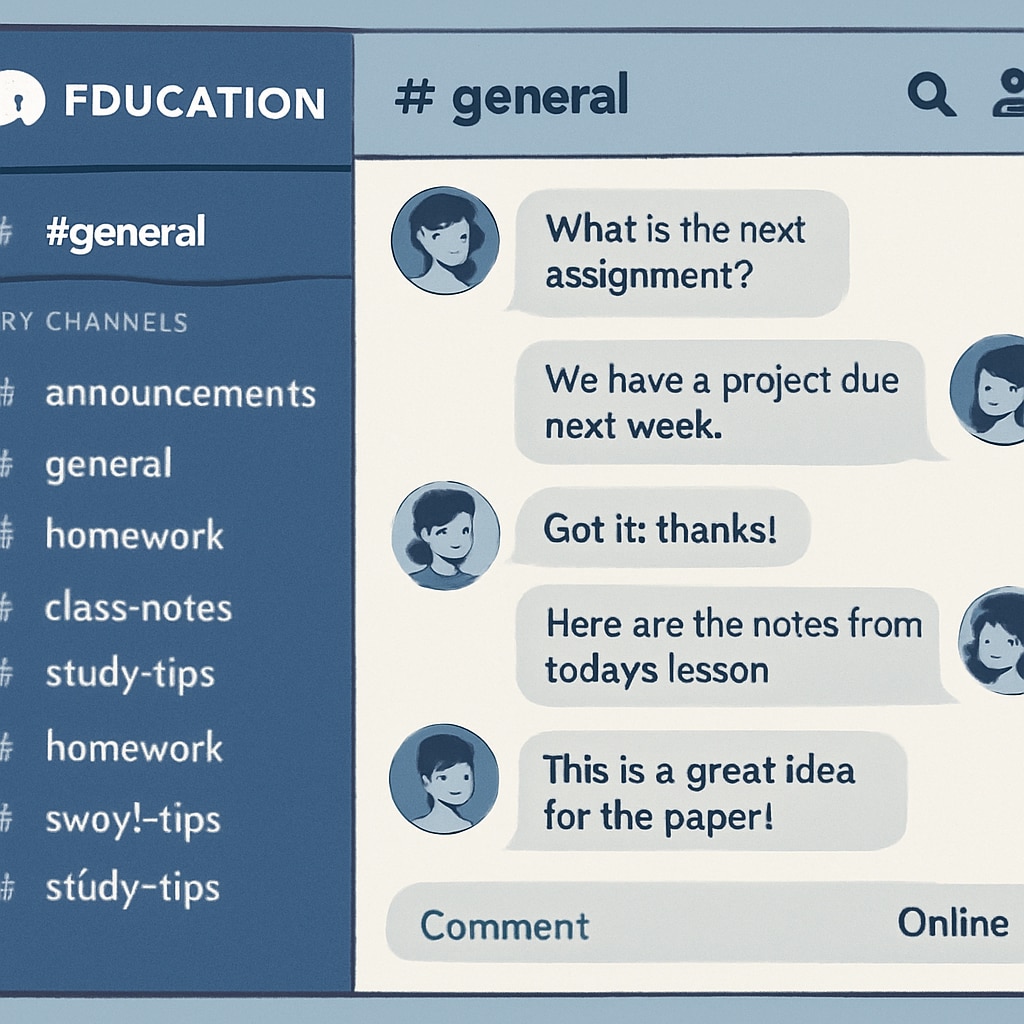Learning strategies often evolve as students progress through their academic journey. For K12 students, borrowing effective methods from higher education environments can offer a significant advantage. Study groups at the University of Houston and digital platforms like Discord exemplify this model. By emulating these approaches, K12 learners can build structured communities that enhance collaboration, improve learning efficiency, and prepare them for academic and professional success.
How Study Groups at the University of Houston Work
Study groups at the University of Houston are highly organized, often formed around specific courses, disciplines, or projects. These groups foster peer-to-peer learning and provide a supportive environment where students can share ideas, ask questions, and solve problems collectively. The collaborative nature of these groups not only enhances understanding but also builds essential skills like communication and teamwork.
One of the key factors contributing to the success of these groups is their structure. Members usually designate roles—such as discussion leader, note-taker, or timekeeper—to ensure every session is productive. Utilizing this level of organization can be particularly useful for K12 students who often struggle with focus and time management.

The Role of Discord as a Learning Platform
Discord, originally designed for gamers, has evolved into a versatile platform for education. Many University of Houston students use Discord to extend the reach of their study groups. The platform allows users to create dedicated servers, channels for specific topics, and even host live discussions or share files.
K12 students can adapt this model by forming their own Discord study groups. The platform’s user-friendly interface and accessibility make it ideal for younger students. Additionally, features like voice and video chat, screen sharing, and file uploads support diverse learning needs. Students can collaborate on assignments, discuss challenging concepts, and even engage in peer tutoring—all from the comfort of their homes.

Benefits of Structured Learning Communities for K12 Students
By integrating study group strategies and platforms like Discord into their routine, K12 students can experience multiple benefits:
- Improved Collaboration: Working in groups teaches students how to communicate effectively and share responsibilities.
- Enhanced Problem-Solving Skills: Collective brainstorming often leads to innovative solutions and deeper understanding.
- Time Management: Scheduled study sessions encourage better planning and prioritization.
- Preparedness for Higher Education: Early exposure to structured learning communities helps K12 students transition smoothly to university environments.
For example, a K12 student struggling with math might join a Discord server dedicated to mathematics, where they can interact with peers and receive guidance from more experienced students or educators. Similarly, forming local study groups inspired by the University of Houston model can create a sense of accountability and shared motivation among classmates.
Steps to Create Effective K12 Learning Communities
If you’re a K12 student or educator looking to implement these strategies, here are some actionable steps:
- Identify Common Goals: Focus the group on specific objectives, such as preparing for exams or mastering a subject.
- Choose a Platform: Use tools like Discord for virtual collaboration or organize in-person sessions for local groups.
- Assign Roles: Structure the group with designated responsibilities to maintain efficiency and focus.
- Set Timelines: Schedule regular meetings and establish clear deadlines for group tasks.
- Evaluate Progress: Periodically assess the group’s effectiveness and make adjustments as needed.
By following these steps, K12 students can replicate the success of study groups at institutions like the University of Houston, ensuring a more engaging and productive learning experience.
In Conclusion: Borrowing techniques from university study groups and leveraging platforms like Discord can transform the way K12 students approach learning. Structured, collaborative environments not only improve academic performance but also equip students with essential life skills. Whether you’re a parent, educator, or student, encouraging these practices can make a lasting impact on educational outcomes.
For further reading on study group strategies, check out Study Group on Wikipedia. To learn more about Discord’s features, visit Discord Features.


